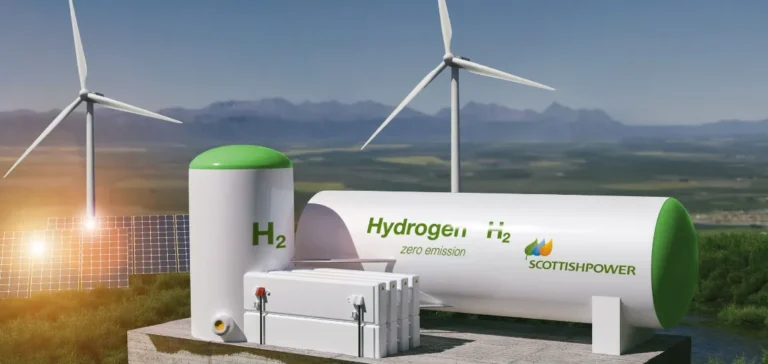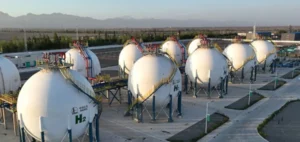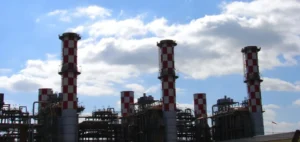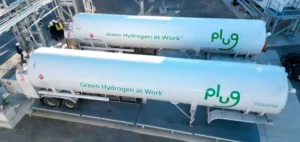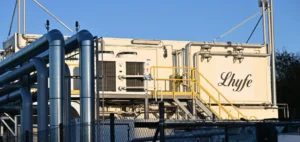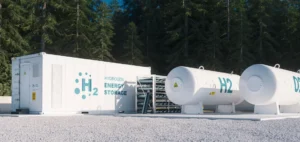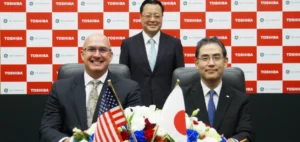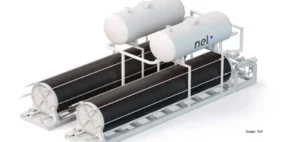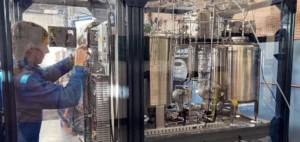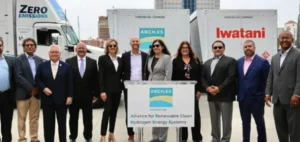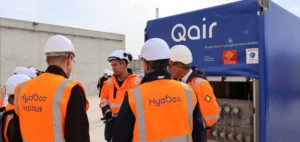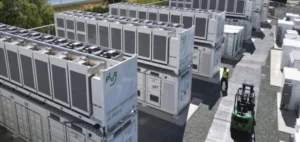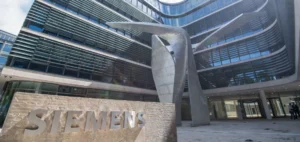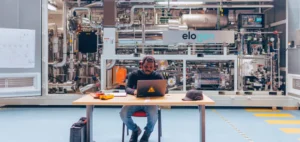ScottishPower has decided to suspend the development of all its renewable hydrogen projects, citing unfavourable market conditions. The decision comes as two of its projects had been selected under the first Hydrogen Allocation Round (HAR1) launched by the UK government.
The company has not yet drawn on the public funds allocated, as the projects had not reached the final investment decision stage. The Whitelee project, with a capacity of 7.1 MW, was intended to supply the transport and industry sectors in Scotland, while the 10.6 MW Cromarty project, developed in partnership with Storegga, was aimed at whisky distilleries. ScottishPower stated that despite supporting the development of this technology, the lack of sufficient commercial prospects led it to suspend its activities in this field.
Public support facing uncertain profitability
The HAR1 programme, launched in December 2024, awarded subsidies to 11 projects totalling 125 MW, with an average guaranteed price of GBP241/MWh, equivalent to about GBP9.50/kg ($12.50/kg). In comparison, the estimated production cost of hydrogen via alkaline electrolysis, including capital expenditure, was assessed at GBP5.46/kg ($7.31/kg) on September 1, based on forward electricity prices.
ScottishPower had signed subsidy agreements for both projects, with tariffs of GBP188.56/MWh for Whitelee and GBP214.27/MWh for Cromarty. Ten of the eleven HAR1 projects have now signed their funding contracts. One of them, HyMarnham Power, began production in July with an initial volume of 8 tonnes per week, expected to reach 30 tonnes weekly by October.
A contrast between public subsidy and private withdrawal
The suspension by ScottishPower comes as the company continues to invest in renewable energy and electricity infrastructure in the United Kingdom, with more than GBP24bn ($32bn) committed through 2028. This situation raises questions about the alignment between public funding support and the actual engagement of beneficiary companies.
The UK Department for Energy Security and Net Zero did not respond to requests regarding this suspension. Cromarty’s project partner, Storegga, has also not made any public comment on ScottishPower’s decision.
Dissonance between industrial strategy and public support
While some HAR1 projects are progressing quickly, ScottishPower’s withdrawal highlights divergences between the public objectives of supporting green hydrogen and the economic reality for private operators. This situation raises questions about the effectiveness of public incentive mechanisms compared with industrial strategies driven by profitability.


